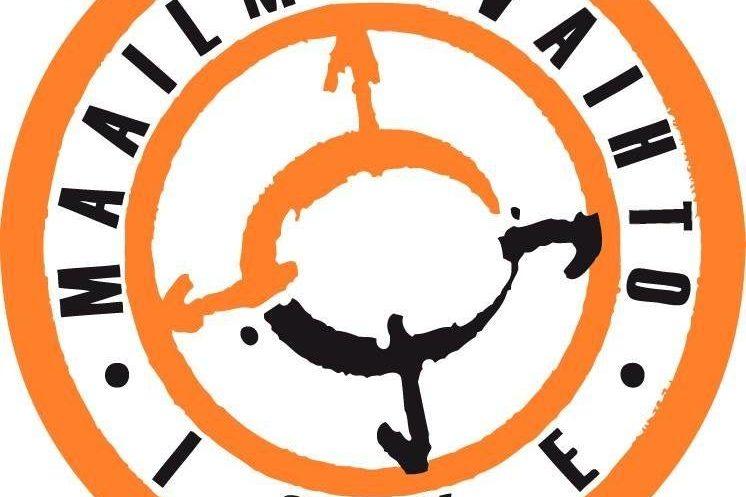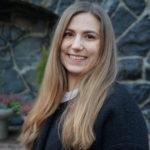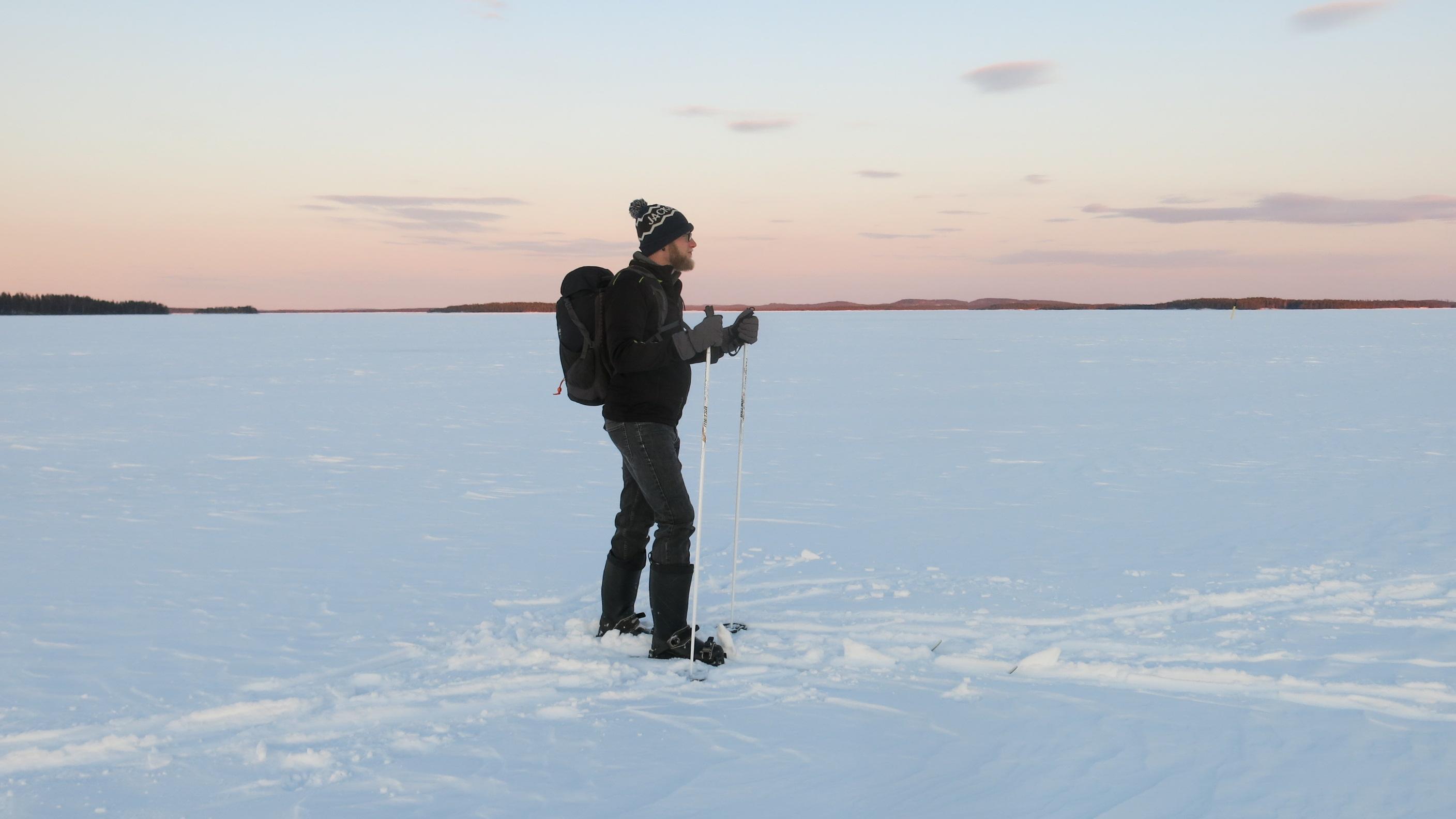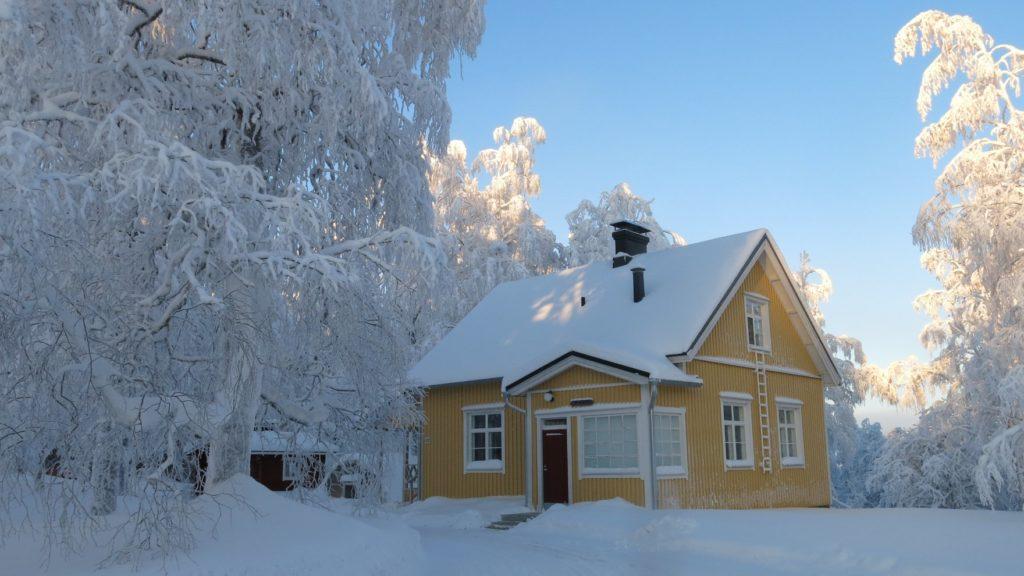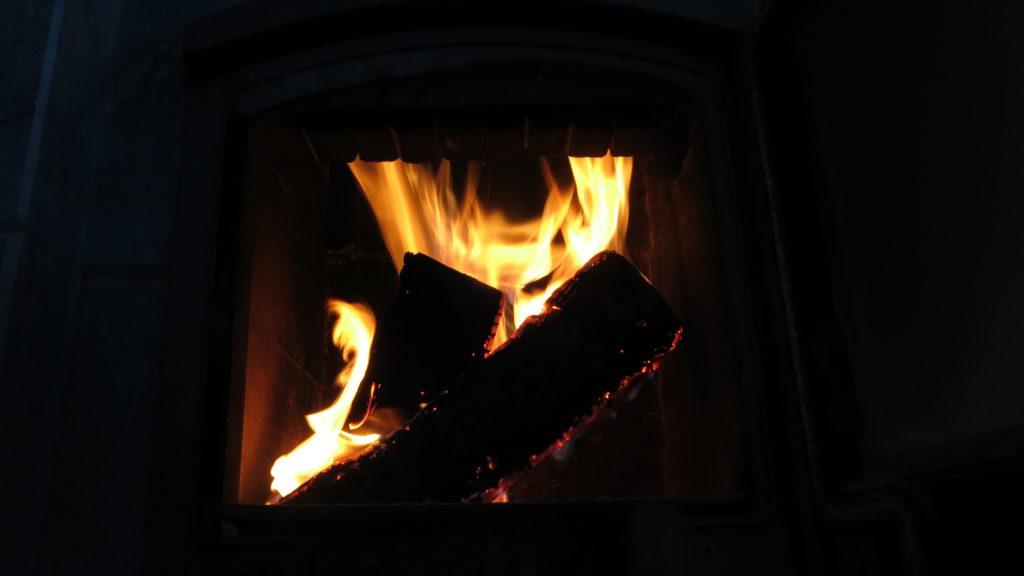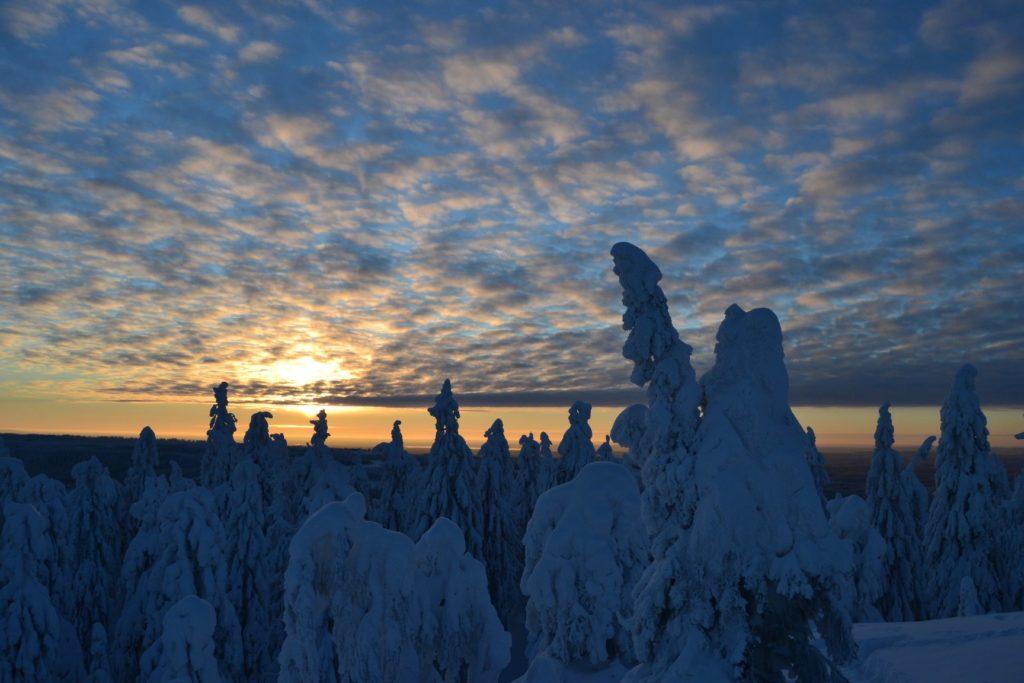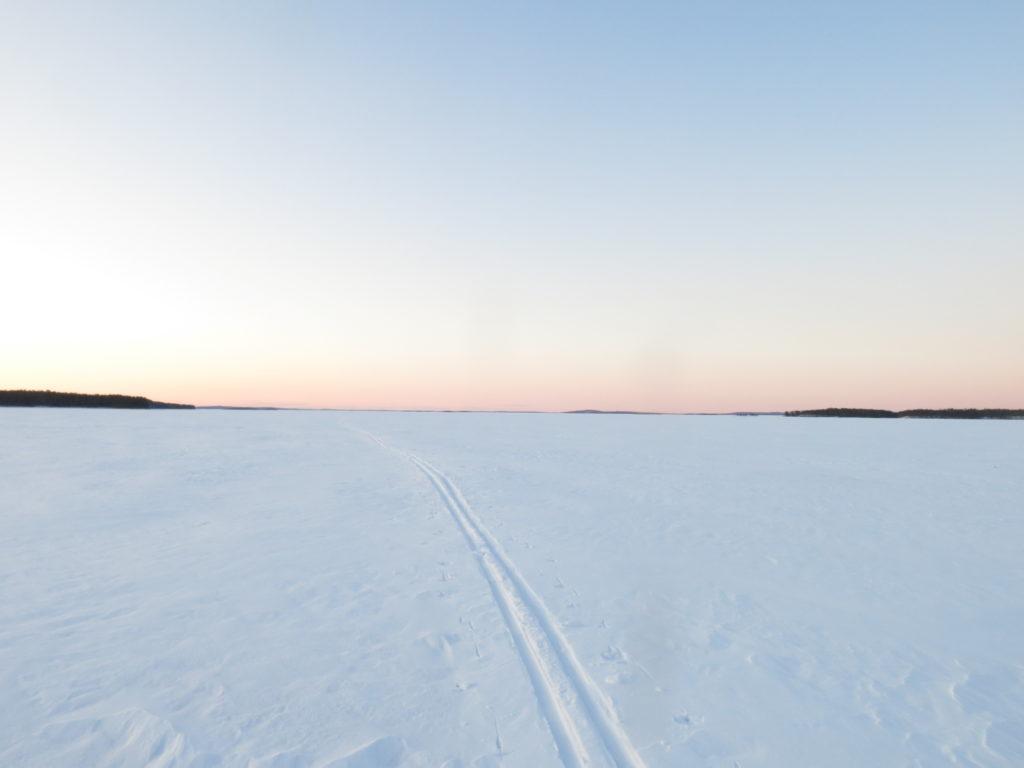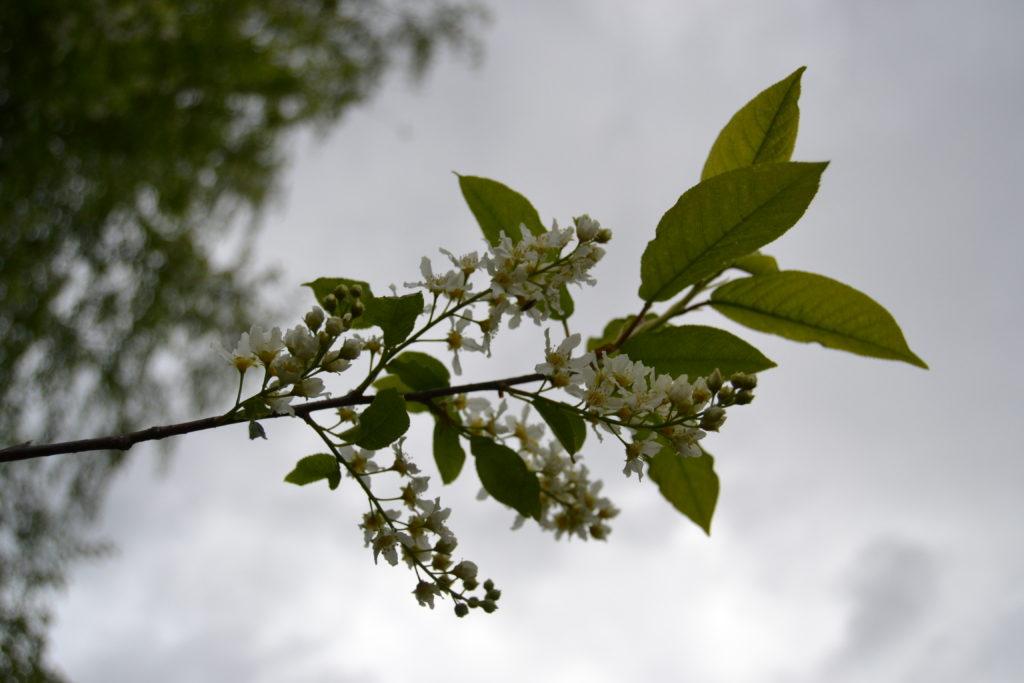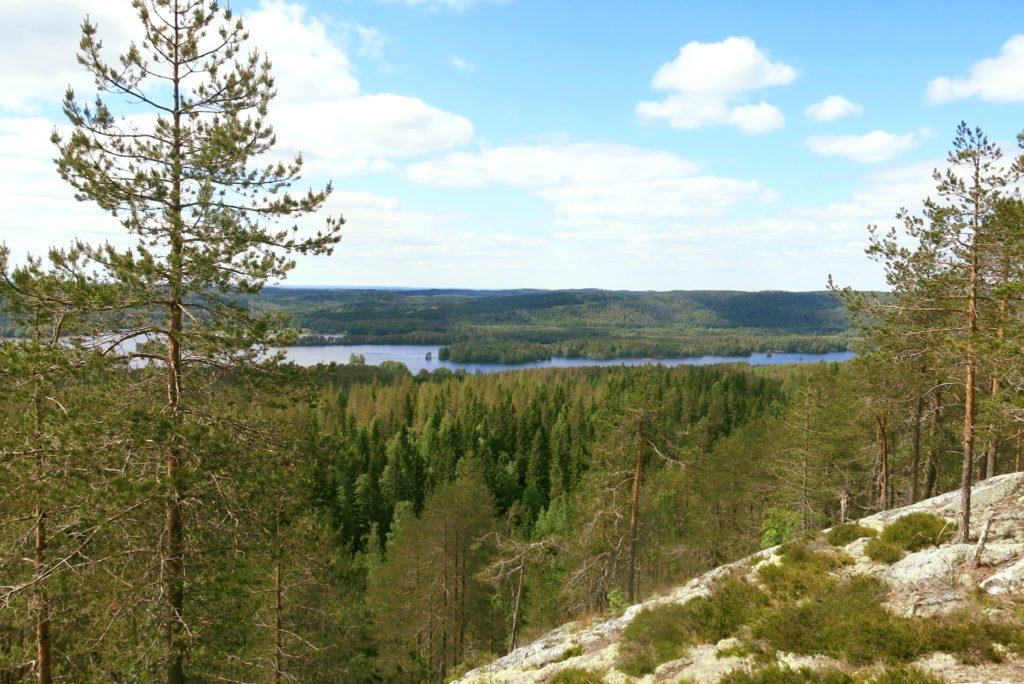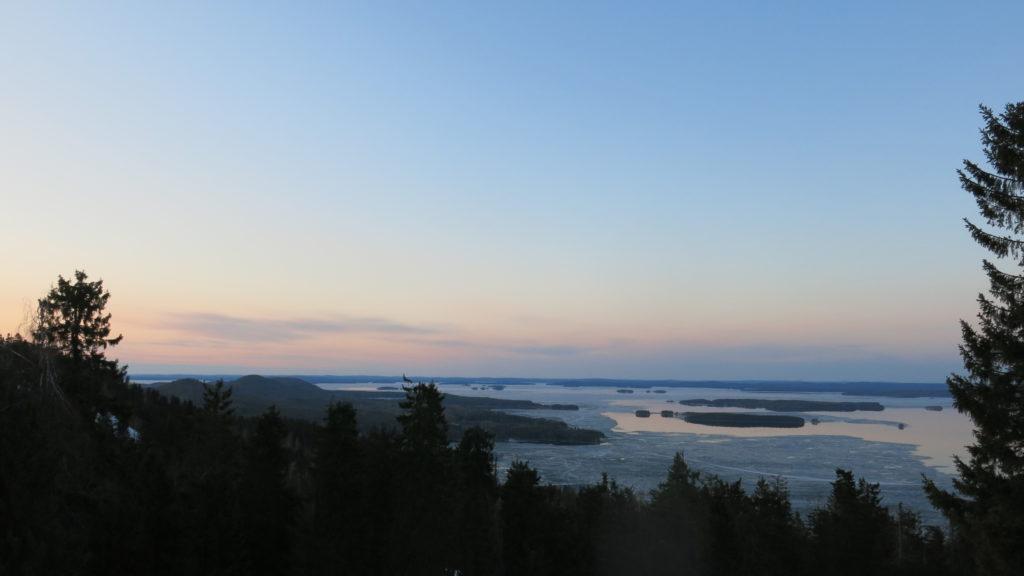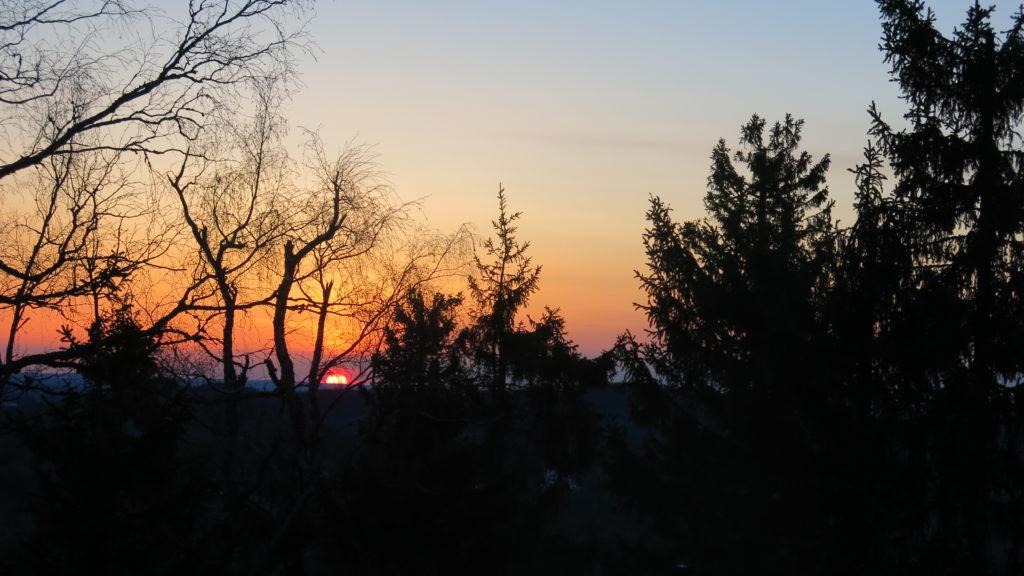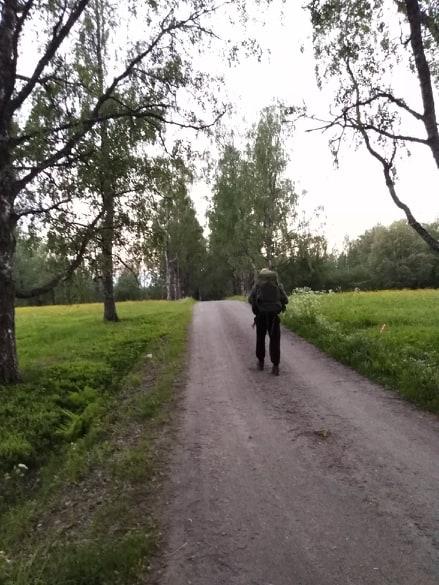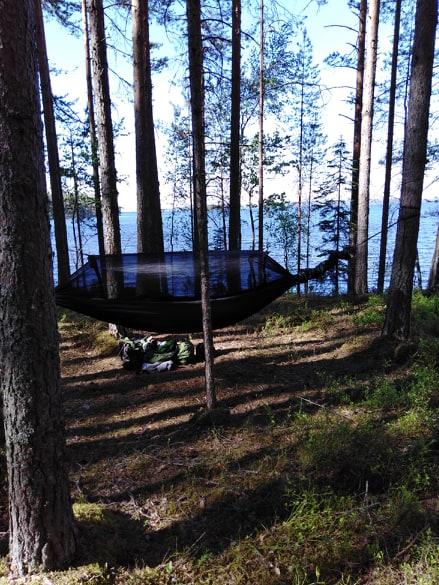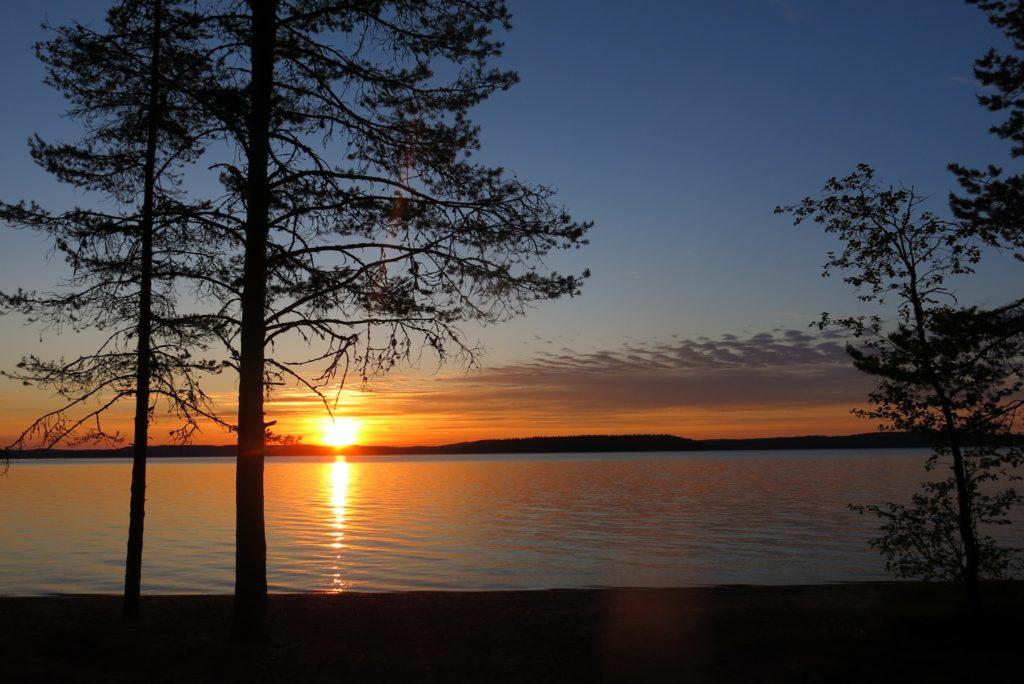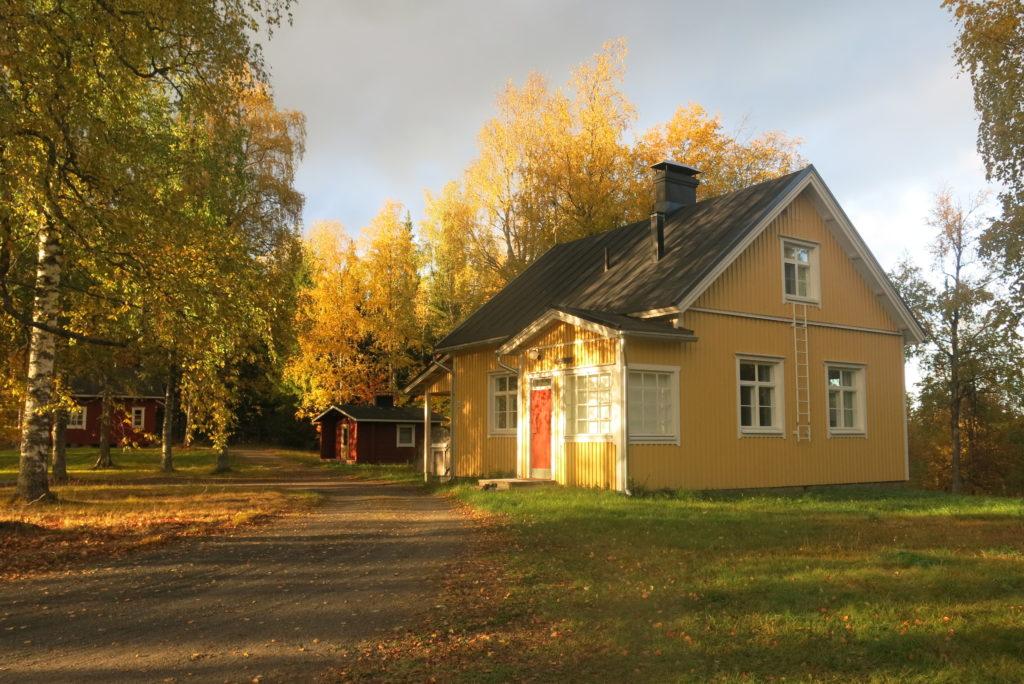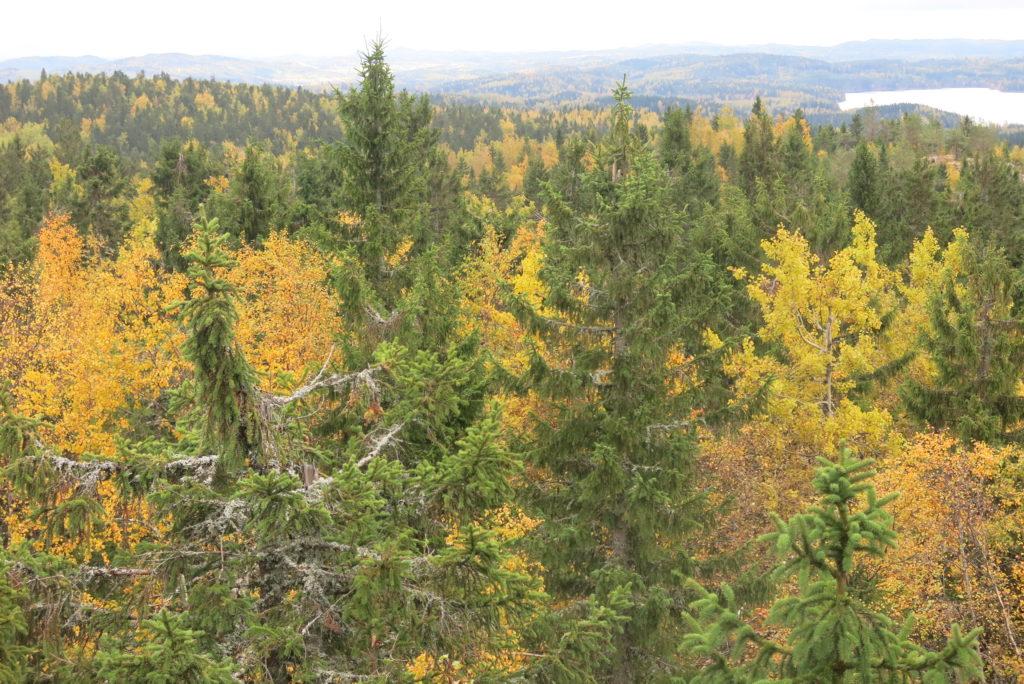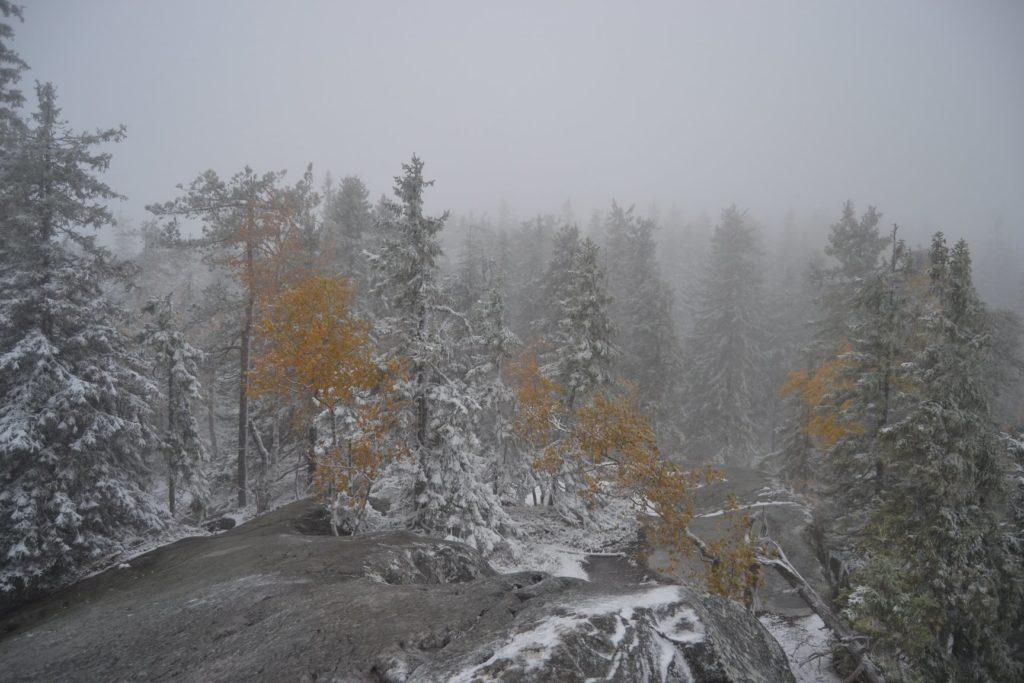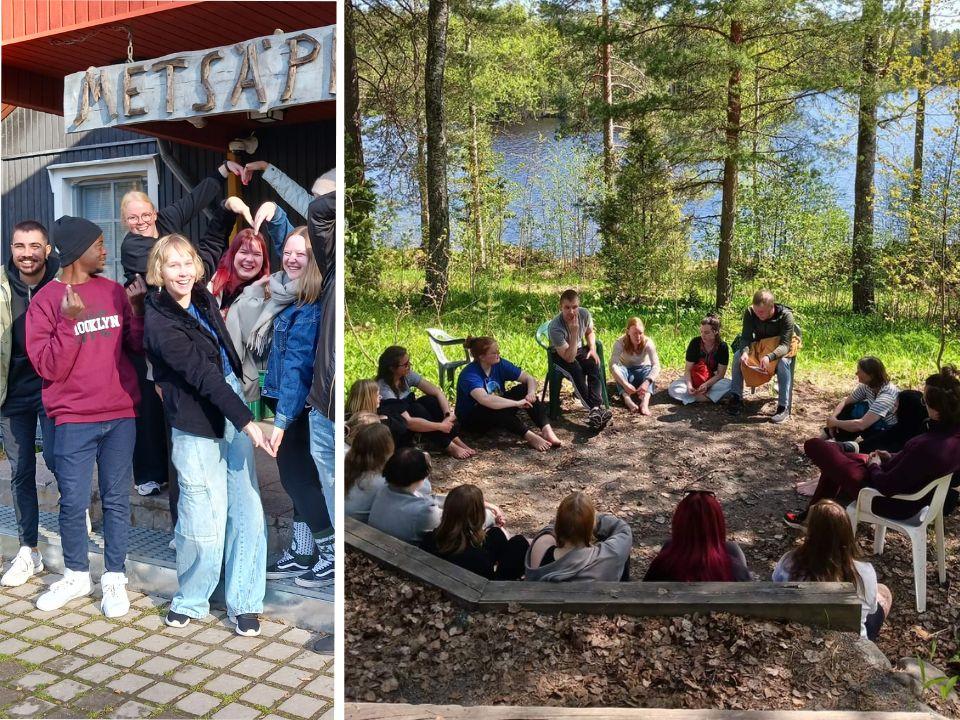In this issue
4 Pääkirjoitus / Editorial
6 Kutsu syyskokoukseen / Invitation to autumn meeting
7 Kuulumisten vaihtoa
10 Tule mukaan toimintaan
11 Haastattelijana pääsee peilaamaan omia vapaaehtoiskokemuksia
12 Join our activities
13 Terveisiä maailmalta! Greetings from abroad!
16 “Let the world walk into our school”
18 Uusia näkymiä Boliviasta
33 26 maailmanvaihtolaisen kausi
35 Tapahtumakalenteri
Theme
21 Kotiinpaluun kulttuurishokki – voimaa vertaistuesta
24 From Turkey to Finland
26 Pitkä matka kotiin – erään vapaaehtoisen tarina
28 The conflict of emotions in the aid work industry
30 After volunteering
Editorial: A Year to Remember
The year 2020 shall be remembered by one major global theme: the worldwide corona pandemic. COVID-19 and its consequences have brushed upon peoples’ lives all over the human-inhabited continents. We have seen debates on the usefulness of mask policies, travel restrictions being imposed, recommendations to work remotely from home and keep social distance, and quarantines.
With such great impact on society, the corona virus has most definitely affected the operation of ICYE Finland as well. With slight dread we have been anticipating changes to our Finnish volunteers’ travel schedules, and even possible program interruptions for those already abroad. Also, the situation for foreign volunteers in Finland kept us vigilant on the conditions for continuing volunteer programs during the pandemic and whether those who decide to interrupt their program could even safely return to their homelands. Amidst all this confusion shines a light of optimism: as an organization, this has provided us a test on how we cope with a crisis at such a large scale as a pandemic, and I must say I am very proud of the people working together to make ICYE Finland work. Both our basic functions and our board activities have been taken care of with the swift moves corona has required: activities have been transferred online and our gaze has shifted even further into bettering the quality of our functions and monitoring it even though our participant numbers might temporarily drop. Not everything is at halt, the functions of ICYE Finland keep churning on.
A big part of ICYE Finland’s functions consist of training our volunteers both before their departure to and after their return from their volunteer period. The theme issue that you’re reading focuses on the latter part of the volunteer’s journey: return. On page 22 Liisi Vakkila, who recently went through the homecoming process, tells us what it was for her to return from the bustling city of Tainan to her quiet hometown in South Karelia. On page 28 Joy Martins Branco Correia Lopes shares the conflicting feelings that working in a Red Cross refugee reception centre had evoked. In addition, we have two volunteers share their volunteer work experience under the time of corona: Anssi Häkkinen who travelled from Finland to volunteer in Argentina, and Ana Costa Machado who came from Portugal to volunteer in Sippola residential school in Finland.
The theme issue in your hands is indeed one packed with big emotion. The moment of return offers us the chance to look back at everything lived and experienced and cherish those experiences – and maybe even the lessons we learned. Whether the return took place a year ago, a decade ago, or it’s been even several decades since, it’s useful to go over the mental items brought over through one’s journeys and how they live on in us into this day.
I wish you pleasurable reading moments with this issue themed “Returning from volunteering abroad”!
Mia-Elina Aintila
Board member, Finnish volunteers’ team
(ICYE volunteer in Colombia 2010–11)

